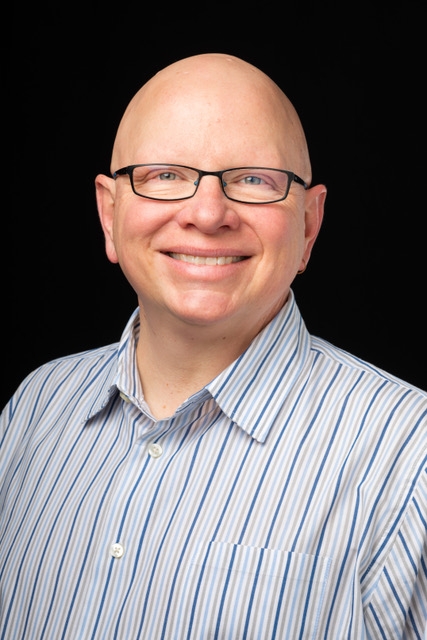Education/Degrees
Ph.D., Culture, Curriculum, and Change, School of Education, University of North Carolina at Chapel Hill, Chapel Hill NC. 2006.
M.A., Curriculum Studies and Teacher Education, School of Education, Stanford University, Stanford CA. 2000.
Klingenstein Summer Institute, Teachers College, Columbia University New York NY. 1995.
B.A., English and Spanish, Wesleyan University, Middletown CT. 1993.
Research Areas
Social foundations of education, Curriculum theory, Educational leadership, and Sustainable practice
Selected Publications
McNulty M., Osmond C. (eds). (2019). “Theme Issue: Curriculum of the Monstrous.” Journal of Curriculum Theorizing, Vol. 34, No 5. Foundation for Curriculum Theory.
Osmond, C. (2019). Time to Die: Zombie as Educational Evolution in “The Girl with All the Gifts.” Journal of Curriculum Theorizing, Vol. 34, No 5. Foundation for Curriculum Theory.
Osmond C. (2019). Robert L. Hampel’s “Fast and Curious: A History of Shortcuts in American Education.” Teachers College Record. New York: Teachers College, Columbia University.
Osmond C. (2017). Scheherazade and the Axe: Narrative Medicine, the Apocalypse, and The Way Through. in V. Miller (ed.), Educational Leadership on the Brink: Reclaiming Social Justice and Sustainability in an Apocalyptic Moment of Hope. Charlotte: Information Age Publishing.
Academic Field
Leadership and Educational Studies
Professional Organizations
The Carnegie Project on the Education Doctorate (CPED)
Journal of Curriculum Theorizing (JCT)
Biography
Dr. Osmond (he/him/él) is trained in curriculum theory. He teaches epistemology, methods, and curriculum theory to doctoral students, social foundations of education to undergraduates, and burnout prevention and sustainable caring practice in the Honors College and wherever else he can find a space to teach. He cares most deeply about the preparation of caring professionals for long, thriving careers, especially teachers and educational leaders. He is not sure education is a “profession,” and while we certainly gain something by calling it that, he wonders what we lose. He likes the term “vocation” better. He thinks burnout prevention is an urgent issue in all caring professions, especially in education; “burnout” is the wrong word to describe the issue, actually, because it suggests that there’s something more wrong with the educator than the system they are working with. He thinks “demoralization” is more accurate and that medical education is doing better work on the issue than we are. He tries to bring insights from their world into ours.

Title: Associate Program Director, Professor
Department: Doctoral Program in Educational Leadership
Email address: Email me